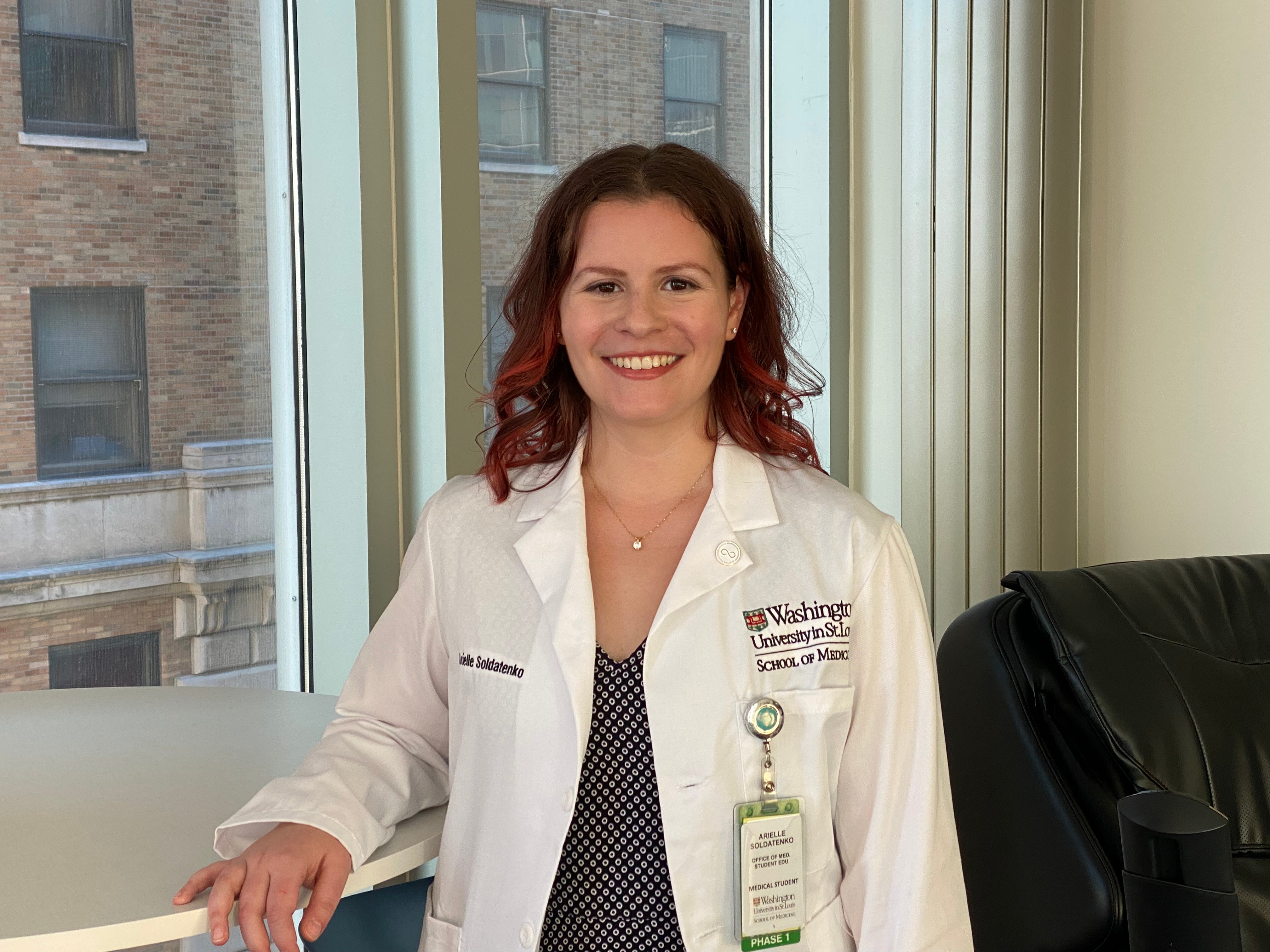Congrats on finishing your AMCAS primary and your school specific secondary applications! Getting your first interview invite is an exciting (and scary) moment. You can use these simple tips to prepare for your interviews:
1. Write out your key points
Standing out in the interview process is really hard. Your interviewers will likely be clinicians or upper-level medical students; they’re busy outside of admissions work and they also speak to a ton of applicants every season. Help them help you! Have a list (mental or physical) of things you want to mention in every meeting you have. This can include an activity you were especially involved in, an element of your research, an anecdote about a patient interaction, or anything you would be sad if you didn’t get a chance to talk about.
2. Know your application
Review your primary and secondary essays the night before your interview. Anything you wrote is fair game for an interviewer to ask about. It’s not a good look if you’re asked, for example, about your research and can’t explain what you did or why it matters or if you can’t discuss what you learned from an activity that you wrote an entire essay about.
3. Have answers to common questions
Use your key points from tip #1 to help you prepare a few sentences for the common but vague questions like “tell me about yourself” or “how would you add to the diversity of our first-year class.” Don’t feel like you need to memorize an answer word for word, but definitely know what you want to cover if asked, “Why medicine?”
4. Be humble (while talking yourself up)
There is a fine line between not emphasizing the significance of your experiences and coming off as self-important or arrogant. We all know you didn’t single-handedly discover the role of a novel protein or run a clinical trial. That’s not how research works, and it’s not how medicine works. Medicine is a team sport; show that you have valuable skills and that you respect the mentors and colleagues who helped you develop them. Don’t dismiss your input and role in the research or activity. Discuss what you did and how you hope it will be used and also give credit to your collaborators and the people who made it possible for you to do that work. Lift yourself up by demonstrating you’re someone with whom your interviewer would want to work in the future. That can make all the difference.
5. Prepare yourself to not know what to say
You will inevitably be asked a question that you haven’t prepared for, heard before, or maybe even considered. This is normal and okay. Stay calm. Take a moment to take a deep breath and acknowledge the difficulty of the question. It’s okay to say that you don’t know as long as you don’t stop there. Explain the thought process you would use to come to an answer. For example, if given a scenario and asked to make a decision, use the values or principles that inform your answer to “why medicine” to explain how you would think about it. This could be equity, justice, compassion, or any other concept that demonstrates why you will be a good physician and future colleague.

Comments